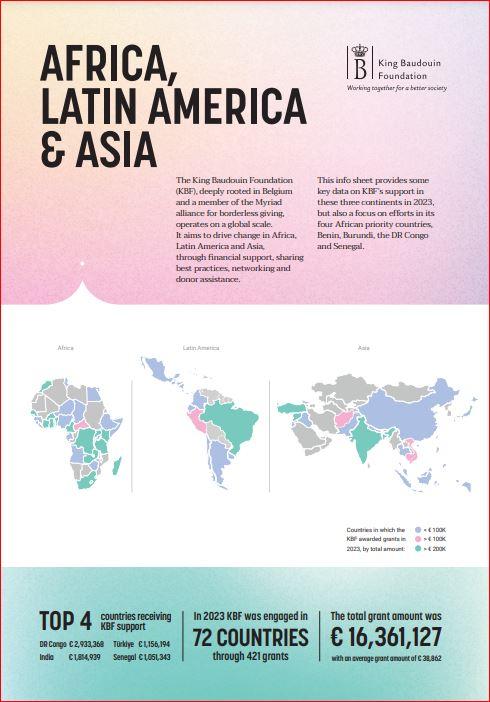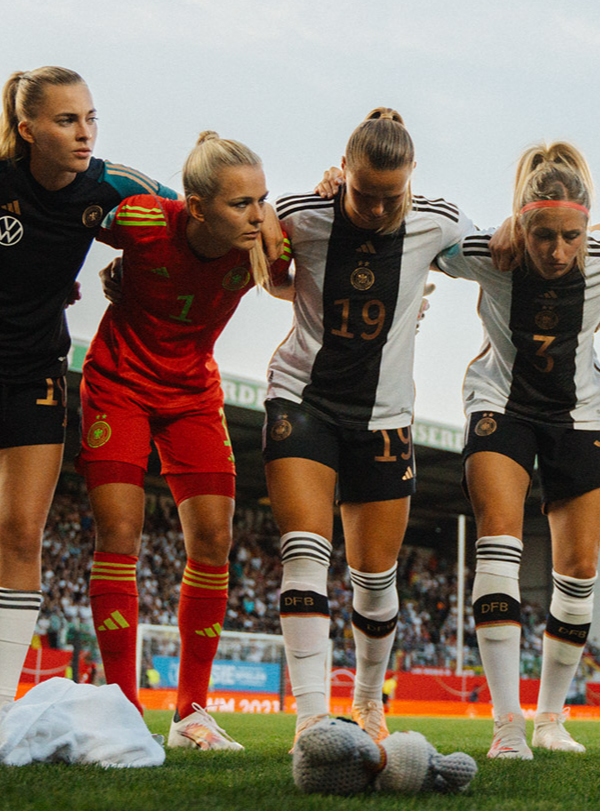
Teamwork key to tapping stars’ potential to drive change
Football is the world’s game. Two humans in five say they follow it, generating vast revenues. Common Goal helps those involved in the sport contribute to a sustainable and equitable future. Co-founder Thomas Preiss sees massive potential to inspire younger generations to get active for the good of others – and tap into their creativity and ideas.
It’s a game of big numbers: Common Goal has its eye on the more than 3 billion people who follow football worldwide and on the tens of billions of euros they spend on it each year, providing professional players and their clubs with powerful resources. Key among the Berlin-based non-profit’s initiatives is the 1% Pledge, under which over 200 leading players and coaches have so far committed to donating that part of their income to projects that advance the United Nations’ Global Goals for sustainable development.
These include, for example, efforts to end discrimination and disadvantage on the basis of gender, sexual orientation or race, to improve access to education, and building awareness of how we can all help our environment. In regions across the world, Common Goal, with the backing of a major sports goods manufacturer, is supporting programmes to give women and girls equal access to football at all levels. In the United States, it is working with professional and grassroots clubs to educate racism out of the game, while in Germany it aims to use street football as a base to build disadvantaged youngsters’ social and educational skills.
Launched in 2017 with a public appeal by Juan Mata of Spain and Manchester United to his fellow professionals, the 1% Pledge movement coordinates with the King Baudouin Foundation to ensure that these globetrotting, often expatriate, donors are able to channel their giving across borders in the most financially efficient way, for maximum impact.
Young global influencers
For Common Goal’s co-founder Thomas Preiss, it is also important that public and private bodies seeking to meet society’s challenges should understand and develop their collaboration with sports stars, as well as with other cultural “influencers” who have built enormous platforms for their views through online social media.
The need is urgent. Turning to a football metaphor, Preiss notes that, having passed the half-way point of the 15-year timetable the United Nations set for achieving its 17 Global Goals by a deadline of 2030, much of the programme is behind schedule: “We need to think about what we are doing differently in the second half, so we don’t have the same result as after the first half,” he says.
“Cultural forces like sports and football have a great potential to mobilise that global collaboration but it’s still relatively underutilised. It’s still a relatively new, innovative idea. I think there’s a lot more that could be done. We have a proof of concept and we’re now in the process of scaling.
“It’s about being closer to this next generation of changemakers. The changemaking opportunity in movements like Common Goal is in shifting mindsets and using these voices to reach audiences that traditional politicians don’t reach – and they know that. They know that there are solutions required to really speak to the next generation and that’s where the dialogue works.”
Diversity and co-creation
For Preiss and Common Goal, the ability to mobilise the influence of sports stars and other celebrities is not about exploiting their willingness to pass on an existing message, but also about tapping into the diversity and creativity that such talented young people can bring to the quest for change and solutions. It’s not a one-way street where politicians and campaigners dictate what they should say.
“If you’re an athlete with a million people following you on social media, you have ambitions that go far beyond scoring goals. Having global policymakers really interacting and listening would be a good starting point,” says Thomas Preiss.
“We have learned over the years that a lot of the magic is in the co-creation process with the athletes. So much is symbolism. We need to get to a paradigm shift to moving into action.”
In a traditional model of philanthropy in the sports sector, non-profits have identified the problems and built the solutions, turning afterwards to successful athletes for direct funding and for promotional help in encouraging public donations. Now, however, Preiss sees a growing appetite – on both sides – for having athletes involved from the very beginning.
“It’s really a co-creation process that involves the athletes from the get-go,” he says. “It’s incredible how many creative ideas of substance emerge - because they are educating themselves. When you involve them in the discussions, they become more engaged.
“If you’re an athlete with a million people following you on social media, you have ambitions that go far beyond scoring goals … A lot of the magic is in the co-creation process.”
“Every one of these people is also on an educational journey. We and regulators can create pathways for that.”
Common Goal is a global pledge-based philanthropic movement for the football industry. KBF channels donations to high-impact NGOs that use football as a vector for change.
Other stories
Inspiring engagement!
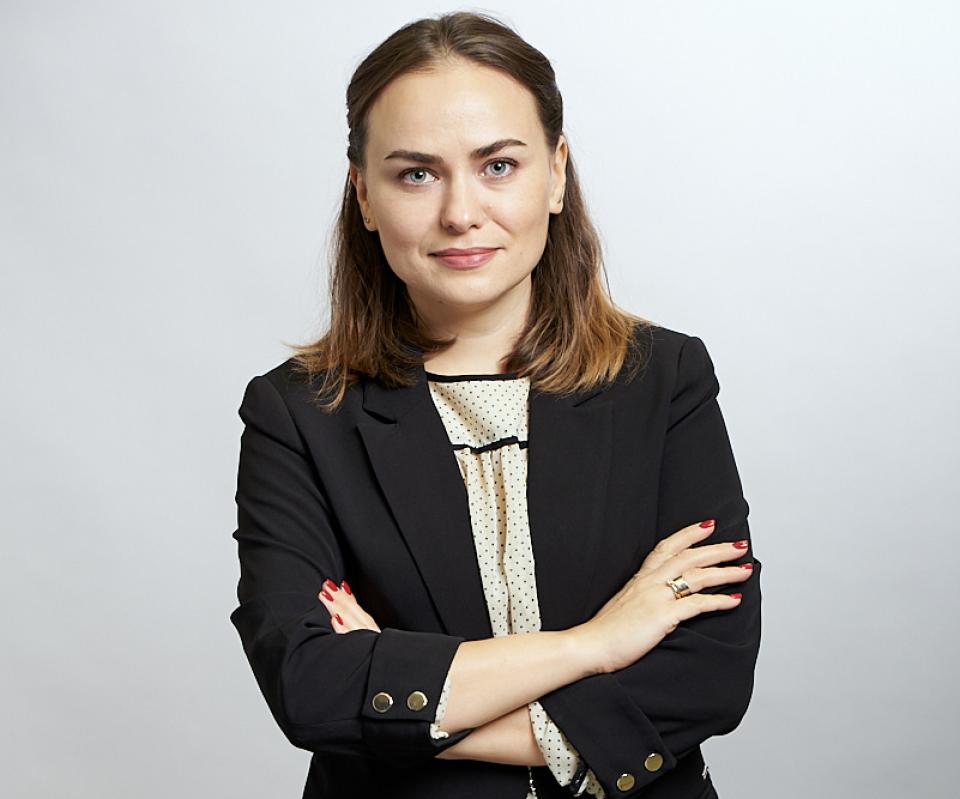
“In Ukraine there are no grey areas anymore”
Global philanthropy
"Independent media are essential during such dramatic times. Liga.net continues to fulfill its mission thanks to donors such as the King Baudouin Foundation."
Other calls

Affordable innovations for mobility
Supporting purpose-driven start-ups developing affordable hardware solutions to enhance mobility and/or quality of life for people with limited mobility.
Selection announced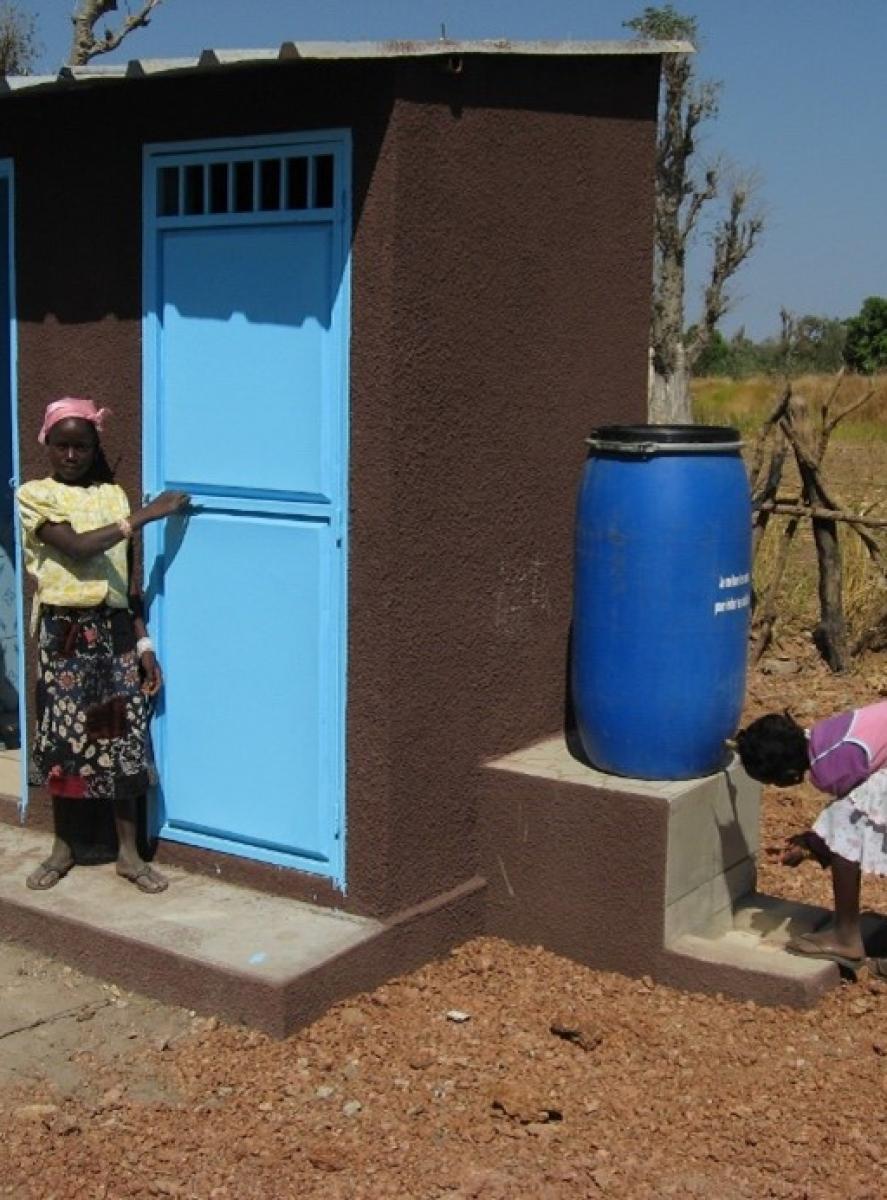
Elisabeth & Amélie Fund - access to water - 2025
Support for projects of Belgian organizations working in countries in the southern hemisphere to improve access to water.
Selection announced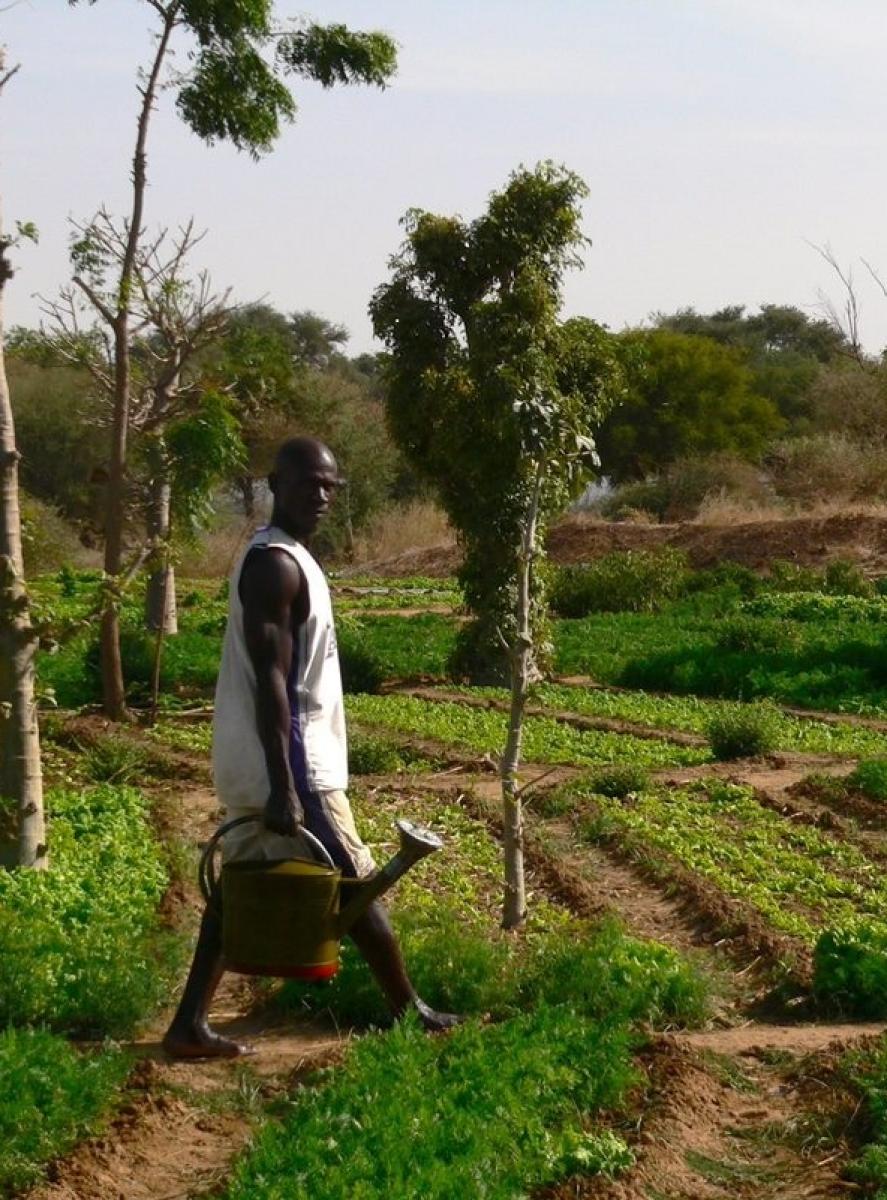
Call Scholarships 2024 Elisabeth & Amelie Fund
Grants to enable foreign masters’ students to do an internship in sustainable water management in a developing country. Grants awarded by the Elisabeth & Amélie Fund.
Selection announcedOther publications
Other philantrophy
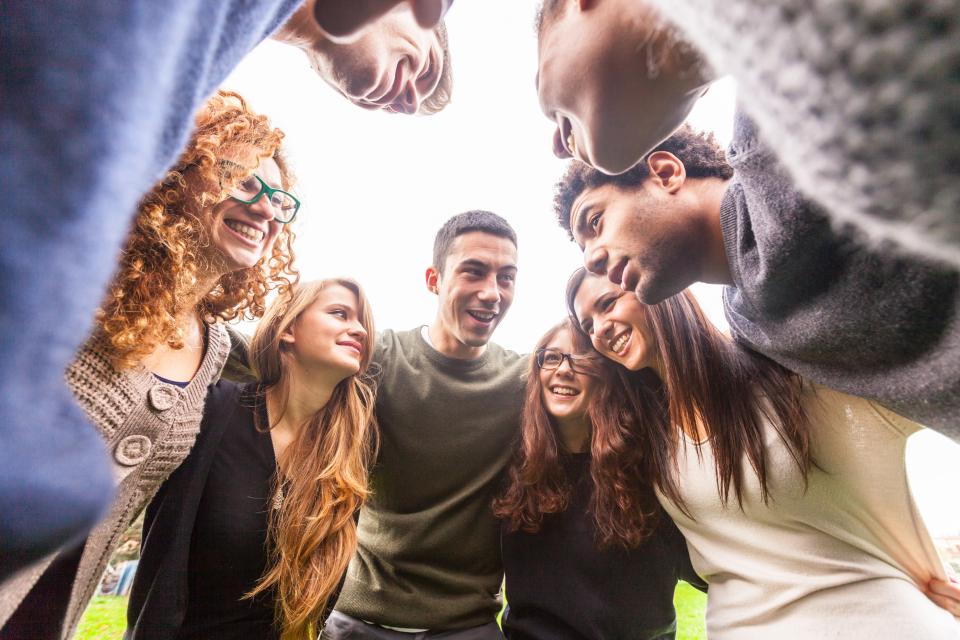
Apheon Philanthropy
Promotion of initiatives in the field of young people and education in Europe, within a perspective of social change and improving the lives of future generations.
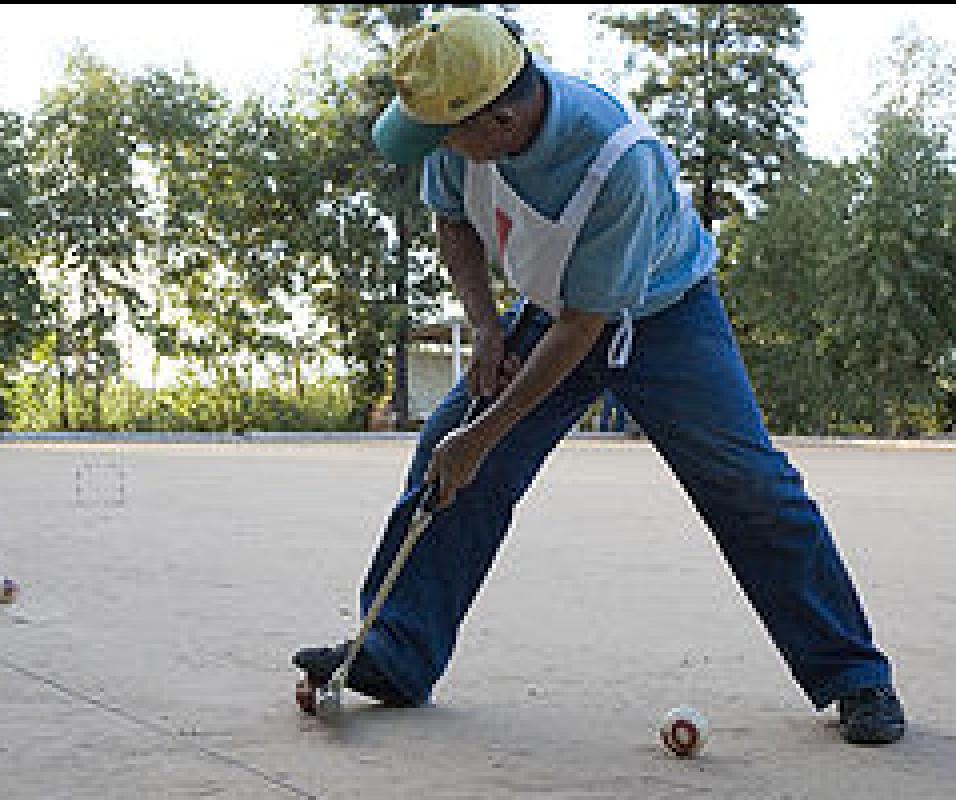
Bernard Thys: Intergenerational Projects (Fund)
Support for intergenerational and multicultural projects for troubled young people in Belgium and developing countries.
The International Friends of the Royal Canin Foundation
This organization promotes the role of companion animals in the health and well-being of people, including, but not limited to, emergency situations.
Other press releases
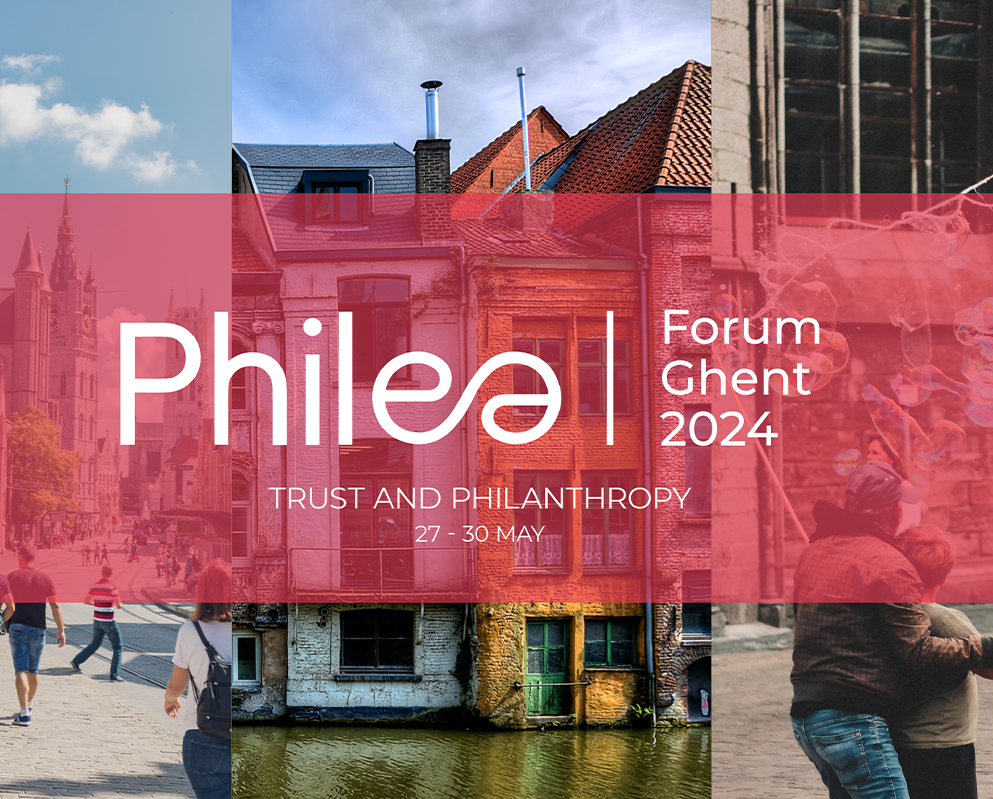
Trust, philanthropy and moral ambition – 3rd edition of Philea Forum closes in Ghent
The 2024 Philea Forum took place in Ghent, where 780 participants convened to dive into the theme of “Trust and Philanthropy”. The King Baudouin Foundation hosted the forum this…
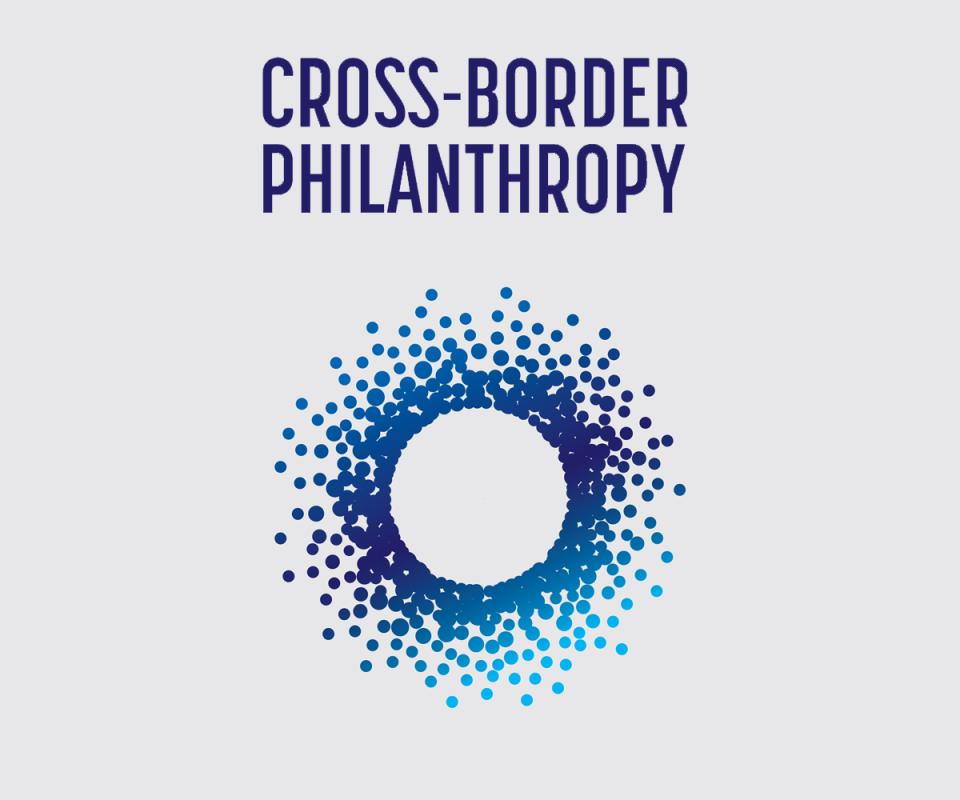
Next step to a Single Market for Philanthropy
King Baudouin Foundation, together with Philea and its partners and the Lex Mundi network, updated the status of the Single Market for Philanthropy in the EU by compiling data in…
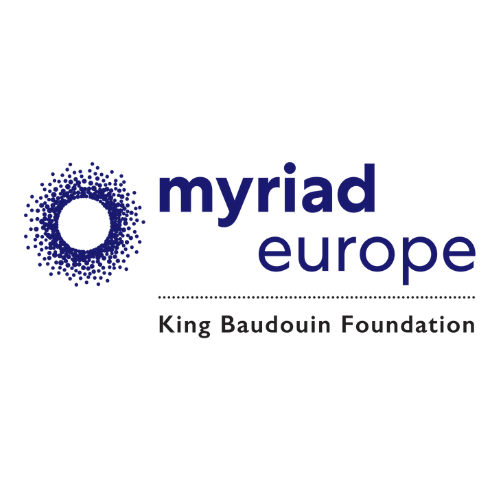
Unlocking the potential of international philanthropy
The King Baudouin Foundation launches Myriad Europe, marking its commitment to unlocking the full potential of international philanthropy in association with its partners in the …
